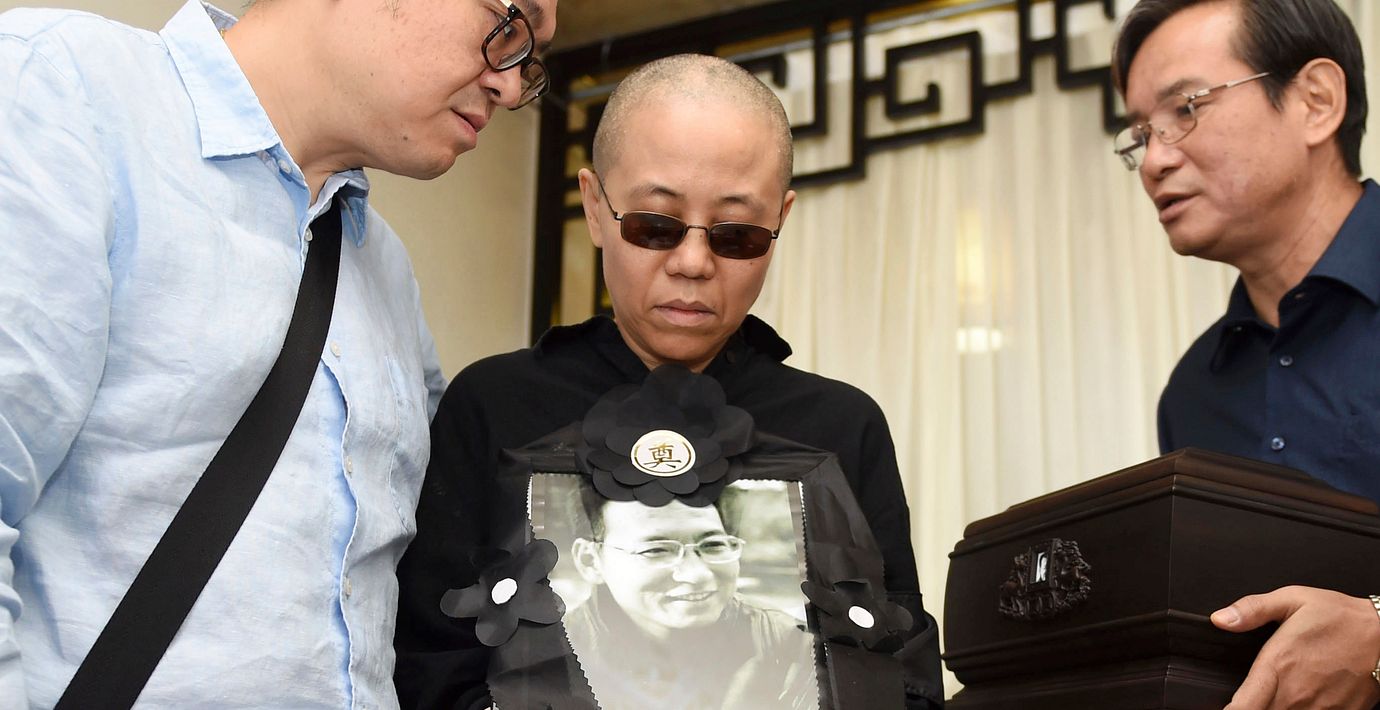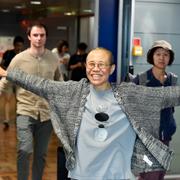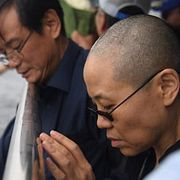
Liu Xiaobos änka borta: ”Kastad i osynligt fängelse”
Kinesiska myndigheter hävdar att den avlidne fredspristagaren och regimkritikern Liu Xiaobos hustru, Liu Xia, är fri. När The Guardians reporter Tom Phillips besöker parets hem i Peking stoppas han av kinesiska säkerhetsagenter.
”Vart ska du? Vart ska du?”, fräser en man utanför lägenhetsbyggnaden, skriver Phillips. En annan man som också verkar vakta byggnaden säger att han aldrig hört om Liu Xia – och hotar med att ringa polisen om The Guardian inte lämnar platsen.
Liu Xia sågs senast förra veckan, när makens aska spreds i havet utanför kuststaden Dalian. Enligt uppgifter ska hon efter det ha tvingats resa till den sydöstra provinsen Yunnan.
Aktivister och anhängare har försökt få tag på den 56-åriga änkan, som är konstnär och poet, men utan resultat. Mycket tyder på att hon har slängts in i det ”osynliga fängelset”, skriver The Guardian.
– Det är som att hon har försvunnit från jordens yta, säger den amerikanske människorättsadvokaten Jared Genser till The Guardian.


